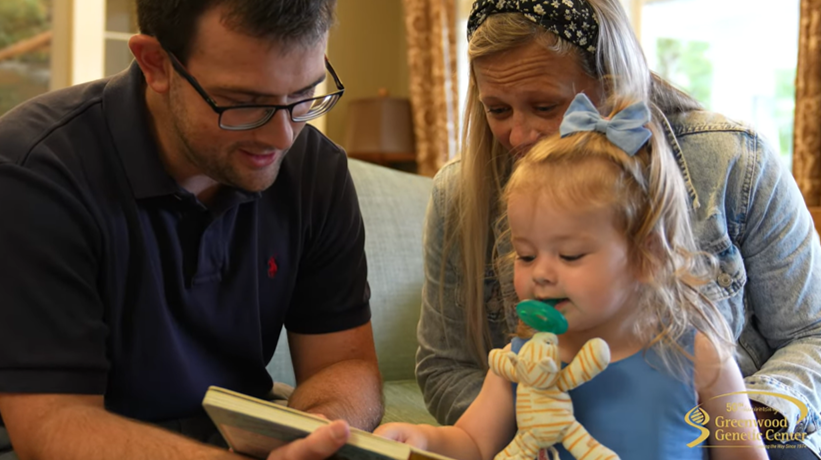This biochemical test is a quantitative measurement of alpha-mannosidase enzyme activity and can be used as a 1st tier test for patients with a clinical suspicion of alpha-mannosidosis. Demonstration of deficient alpha-mannosidase enzyme activity is considered the gold standard to confirm a diagnosis of alpha-mannosidosis.
In addition, this assay can be used to clarify molecular findings in the MAN2B1 gene and to monitor patients undergoing treatment.
2 weeks
82657
$200
Alpha mannosidosis is an autosomal recessive lysosomal storage disorder caused by a deficiency of alpha-mannosidase enzyme activity. This condition demonstrates variable expressivity with three clinical phenotypes described as mild (type I), moderate (type II), and severe (type III), with onset varying from prenatal loss with type III to after 10 years of age with type I. Features can include mild or moderate intellectual disability, abnormalities in motor function, hearing loss, dysostosis multiplex, immunodeficiency, cataracts/corneal opacities, hepatosplenomegaly, and characteristic facial features.
Quantitative analysis will be performed using liquid chromatography-tandem mass spectrometry.
Enzyme activity can be measured in leukocytes, cultured fibroblasts, or dried blood spots. For leukocytes, please send 5-7 ml of whole blood in a green top (sodium heparin) tube. For dried blood spot collection, a minimum of three circles need to be filled in. Each circle should contain one drop of blood (about 100 microliters). See the link below for additional sample collection and handling instructions.
Whole blood samples (for leukocyte analysis) should be shipped at ambient temperature and must arrive at the laboratory within 24 hours of blood draw. Cultured fibroblasts can be sent overnight at room temperature. For a dried blood spot: When the sample has dried 3-4 hours, fold cover at score line, over sample, and tuck into flap. Ship at ambient temperature.
Call our laboratory at 1-800-473-9411 or contact one of our Laboratory Genetic Counselors for assistance.
Robin Fletcher, MS, CGC
Falecia Thomas, MS, CGC
Alex Finley, MS, CGC
